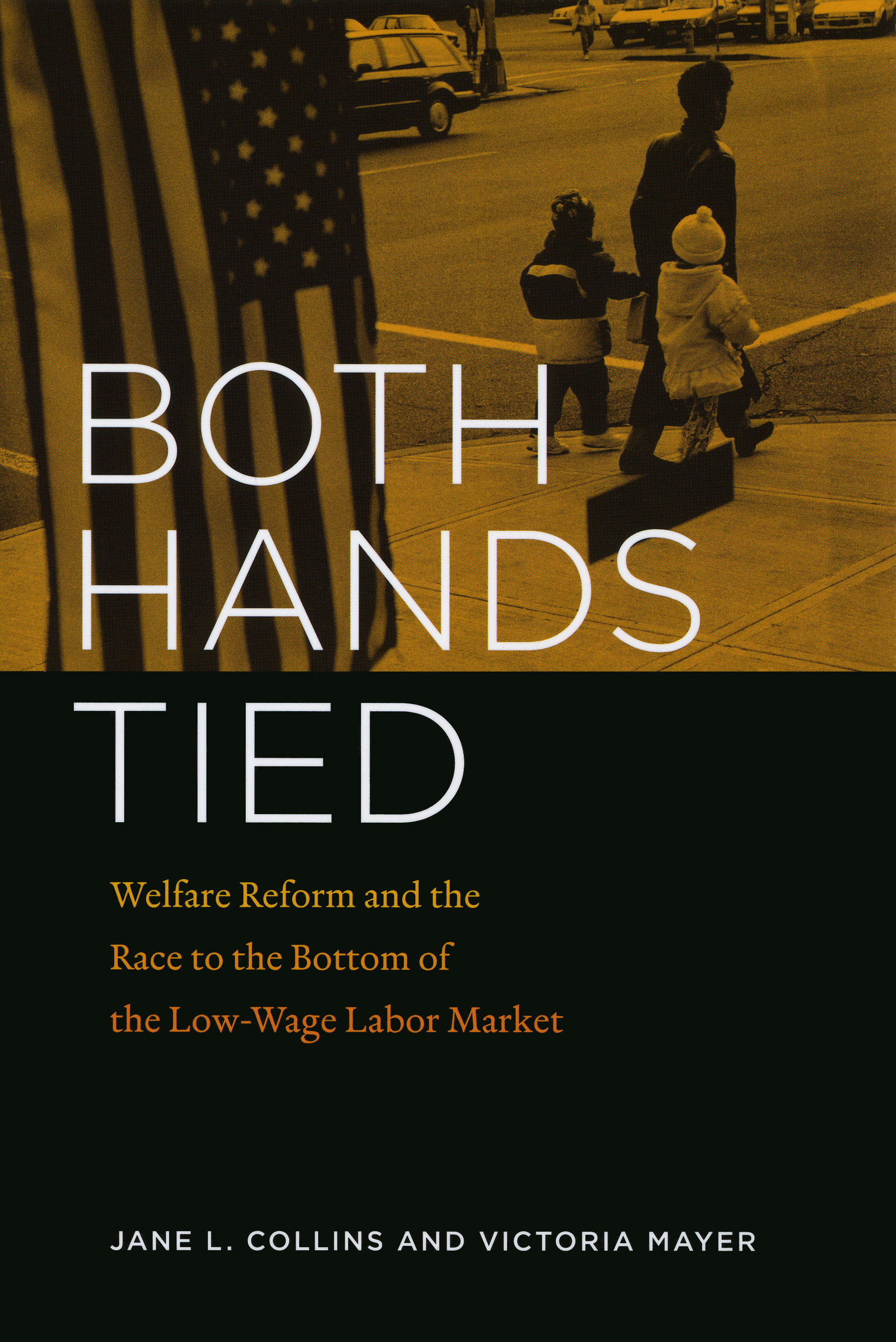The Golden Arches of Health Care Reform

The Wall Street Journal leaked a story this morning quickly picked up by the folks at Gawker about a warning McDonald’s Corp. has issued to federal regulators: waive the U.S. health care overhaul’s new premium requirement or else 30,000 hourly restaurant workers might find themselves without insurance.
The requirement in question? A “mini-med” plan clause that offers limited benefits to over 1.4 million American low-wage workers. More specifically, McDonald’s is up in arms about the percentage of premiums that must be spent on worker benefits:
Last week, a senior McDonald’s official informed the Department of Health and Human Services that the restaurant chain’s insurer won’t meet a 2011 requirement to spend at least 80% to 85% of its premium revenue on medical care.
McDonald’s and trade groups say the percentage, called a medical loss ratio, is unrealistic for mini-med plans because of high administrative costs owing to frequent worker turnover, combined with relatively low spending on claims.
Democrats who drafted the health law wanted the requirement to prevent insurers from spending too much on executive salaries, marketing, and other costs that they said don’t directly help patients.
The article goes on to mention dozens of other low wage-providing companies likely poised to cut or challenge limited benefit plans, including Home Depot, Inc., Disney Worldwide Services, CVS Caremark Corp., and Staples, Inc. For low-wage workers, those with “soft skills,” as Jane L. Collins and Victoria Mayer term them in Both Hands Tied: Welfare Reform and the Race to the Bottom of the Low-Wage Labor Market, challenges like benefits cuts put their own lived experiences into dialogue with the structural and political forces that shape their lives.
Collins and Mayer dig deep and explore the struggle of working women to balance child care and wage-earning in poorly paying jobs with inflexible schedules—and what happens when these jobs failed them and they turned to the state for additional aid. Several interviews in the book take place at locally franchised McDonald’s—and the stark and poignant portrait of how reform and low-wage incomes afflict poor, single-parent families isn’t lost in light of the threat of cuts like these. For more information, check out Both Hands Tied or read more—like Pulitzer Prize-winning journalist Carl Chancellor’s op-ed about the book, “Working Poor, Two Words that Should Never Be Linked” at the Poverty in America site on change.org.